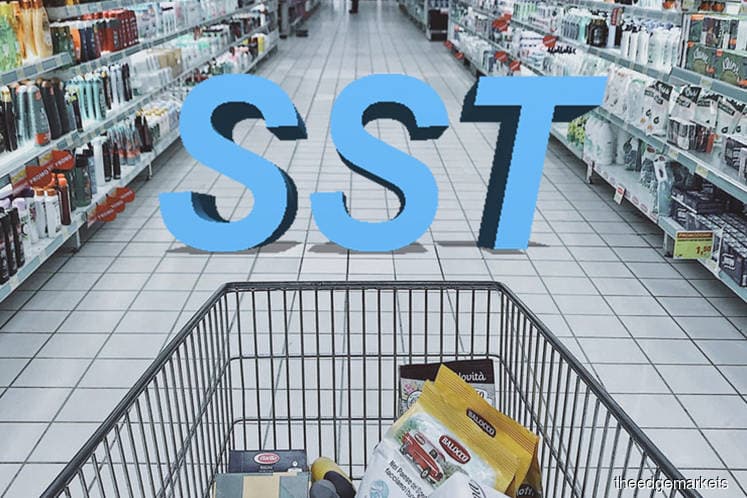
This article first appeared in The Edge Financial Daily on July 18, 2018
KUALA LUMPUR: Retail sales in Malaysia are expected to decline “significantly” in the two months after the reinstatement of the sales and services tax (SST) on Sept 1, said retail research firm Retail Group Malaysia (RGM).
However, sales are seen to normalise from November, it added.
“Retail sales are expected to drop significantly during the first two months (after the SST implementation) as consumers would have spent on items during the three-month tax holiday period. But things will return to normal from November in conjunction with the school holidays and festivities,” RGM managing director Tan Hai Hsin told a media briefing on the retail outlook for the second half of 2018 yesterday.
Tan pointed to the retail sales performance in 2015, which showed to a 1.4% growth rate — its worst since 2010 — when the market reacted to the introduction of the goods and services tax (GST) in April 2015.
Nevertheless, he believes the SST’s impact on retail sales can be softened with joint efforts of both the public and private sectors in keeping consumers informed.
“Trade associations should get a consensus from their members and explain [to the public] whether or not their vendors are going to increase prices [when SST is imposed], and why,” he said, adding that consumers may refrain from spending as there is insufficient information on the tax regime in the market.
But first, the government has to give clearer guidelines instead of disclosing details at the very last minute, to help retailers and consumers plan ahead, Tan added.
On Monday, Finance Minister Lim Guan Eng announced the rates of the SST at 10% for sales, and 6% for services. The new SST bill is expected to be passed in parliament in August and implemented beginning September.
The rates are unchanged from when it was first introduced, before it was replaced with the GST.
RGM said it is hoped that the Pakatan Harapan-led government will announce concrete economic policies in the next few months that will help spur economic growth and boost consumer spending in 2019.
Tan said the new government has yet to come out with new policies to help put the economy on the right track since the 14th general election on May 9. “Budget 2019, expected to be tabled in November, may be too long [a wait],” he added.
He added that other possible headwinds for the remainder of the year include the weakening of the ringgit, which will lead to higher cost of import, a hike in the minimum wage and new pricing system for petrol, which could result in higher retail prices.
For the full year, RGM is maintaining a 5.3% projection for Malaysia’s retail sales growth rate. The research firm had in June revised upward its estimate for the local retail industry in 2018 to 5.3%, from its previous estimate of 4.7% released in March.
In 2017, retail sales grew 2% year-on-year, slightly below RGM’s estimate of 2.2%.